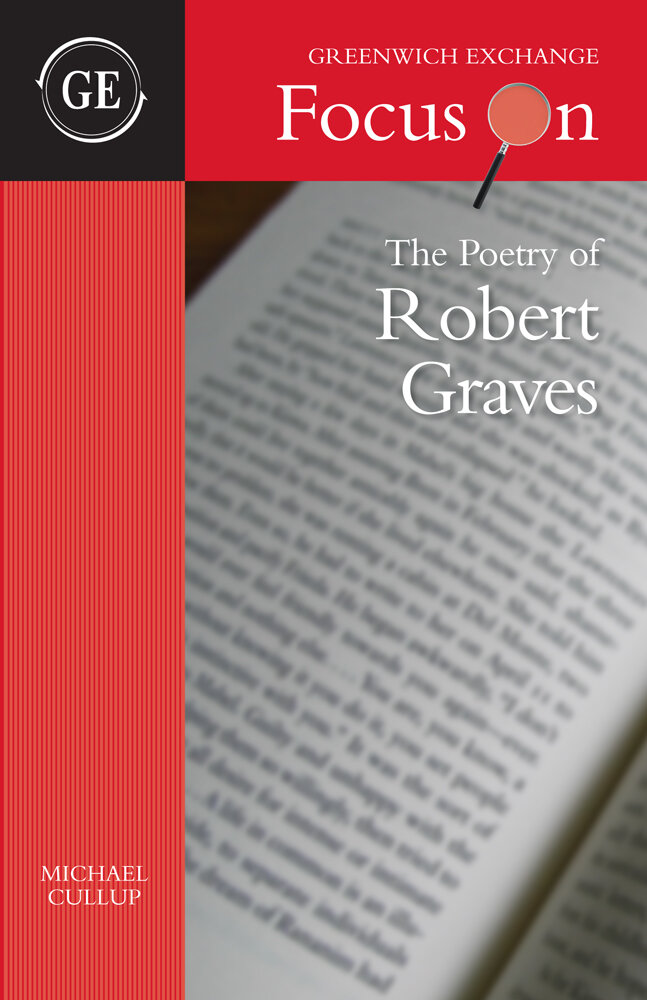The Poetry of Robert Graves
Robert Graves (1895-1985) was a contemporary of Siegfried Sassoon, Wilfred Owen, and Edmund Blunden. He was an officer, as they were, in the 1914-1918 War, but never regarded himself as a 'War' poet. He did write about his experiences of the War in Goodbye to All That, and he was an admirer of Thomas Hardy, whom he knew personally.'
' Graves’ abandonment of his wife and family and his departure for Mallorca with the American poet Laura Riding in 1929, heralded a dramatic change in his attitude to poetry. Under Riding’s influence, he began to write the clean, sharp, disciplined but often complex lyrics which are far removed from the style of his Georgian contemporaries. He became, in the 1930s, a‘modern’ poet. But he was never a ‘modern’ in the sense that T.S.Eliot, for example, was, and he represents a different tradition. Graves is, like Philip Larkin, an accessible poet. But he was always an individualist, and his views on poetry and poets are challenging and unconventional. Two books (‘The Crowning Privilege’, a prose work published by Penguin in 1959; and the ‘Collected Poems 1975’, his own final selection from his poems) represent the essential Graves, and this essay introduces the reader to the poet they reflect: a poet of exemplary courage, honesty, and poetic integrity.
About the author:
Michael Cullup, who met and corresponded with the poet over several years, and whose collection A Change of Season is published by Greenwich Exchange, here argues for a fresh approach to Graves, who always tried to be true to his own exacting standards but who, as with Larkin, is threatened by scholarship on the one hand and biographical sensationalism on the other.
62 pages
ISBN: 978-1-906075-69-9

